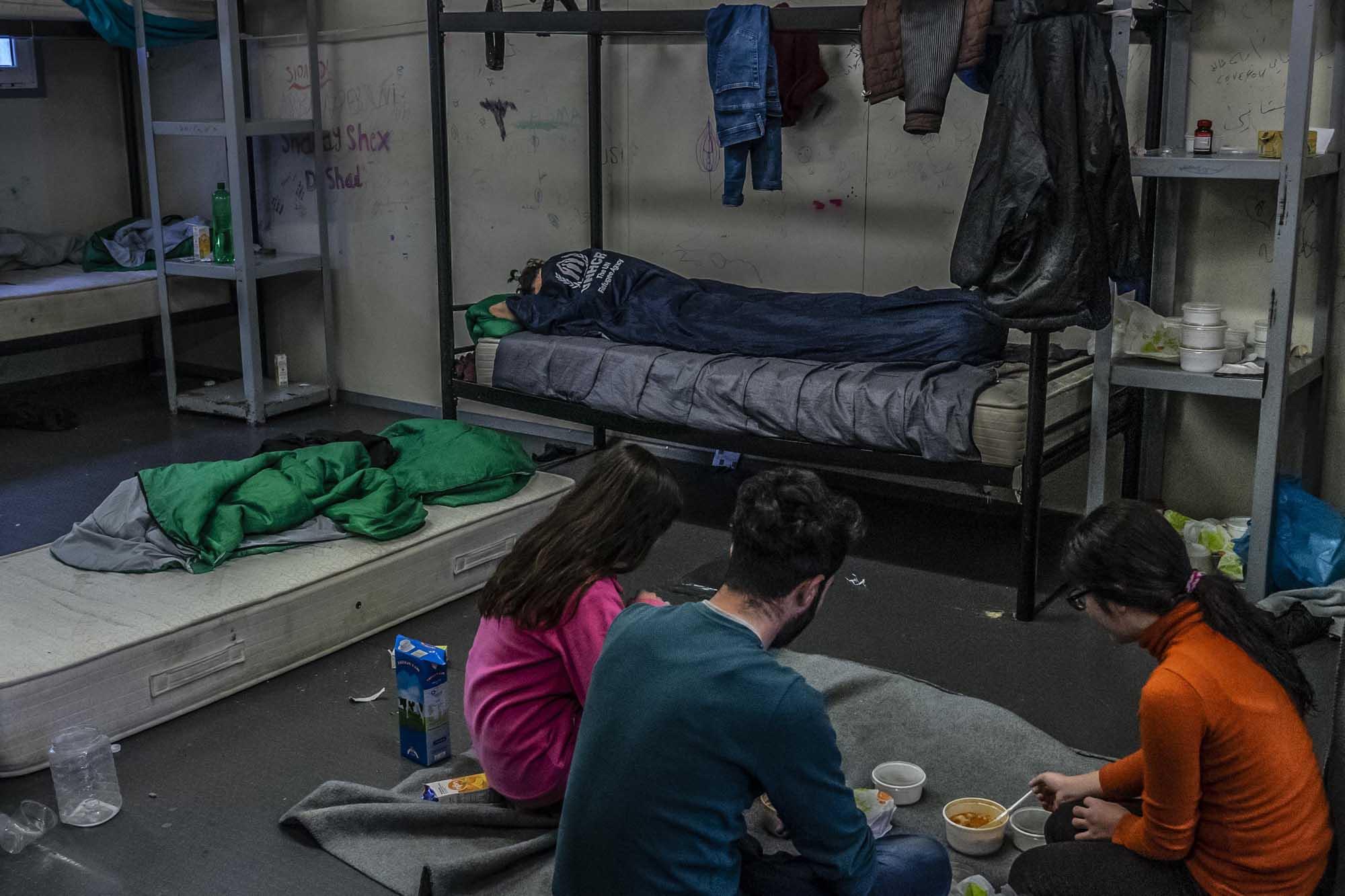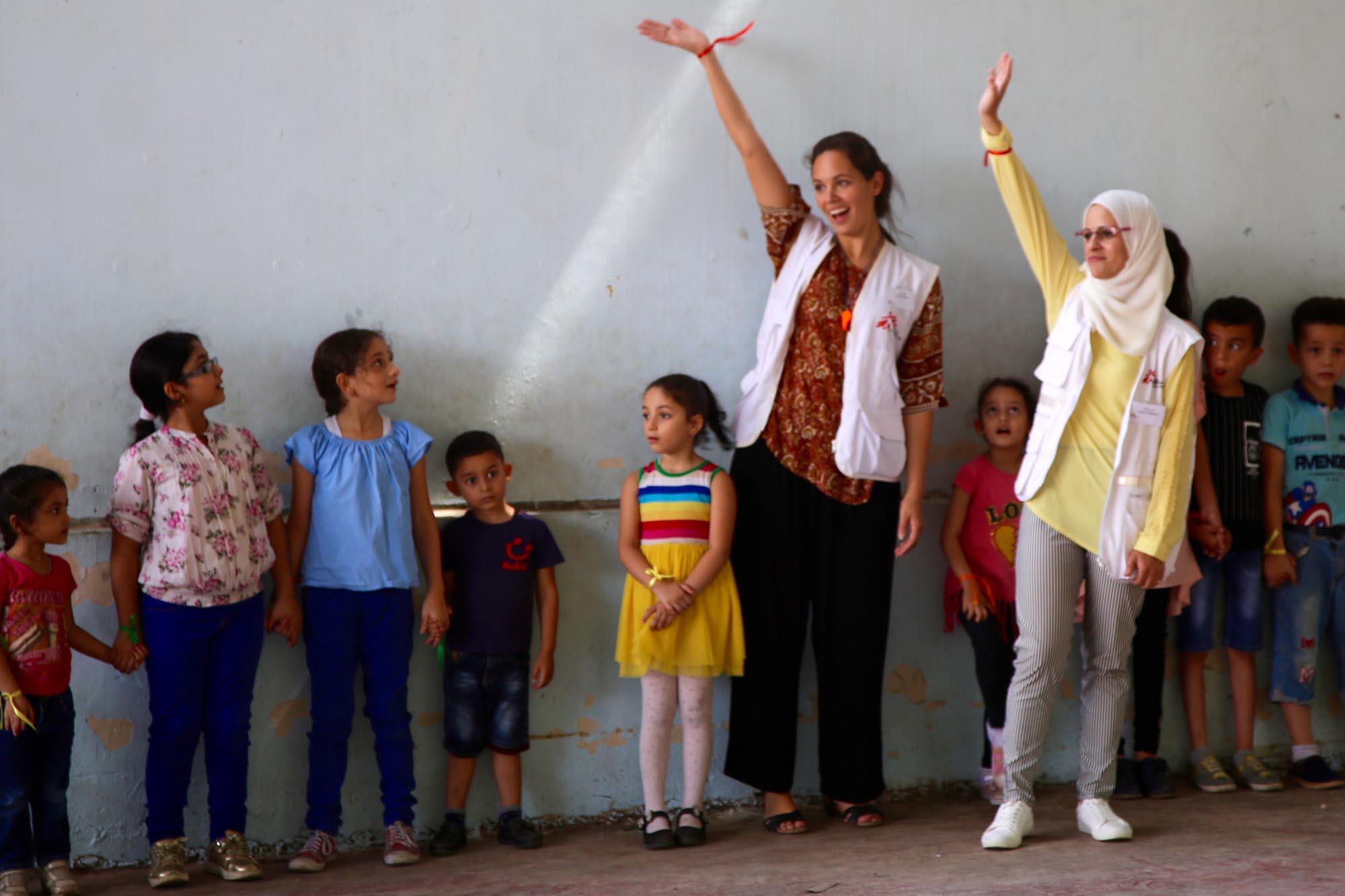Mental health

Despite their high prevalence in humanitarian settings, mental health and psychosocial problems are rarely an operational priority. The lack of trained mental health professionals in the field as well as the scarcity of adapted screening tools, designed for humanitarian intervention (i.e. short, rapid, and that can be administered without extensive specialist knowledge) and cross-culturally validated contribute to the problem in such context. Existing research often suffers from discrepancies between objectives and methods making it difficult to compare interventions and identify the appropriate interventions in the field. Specific mental health needs, such as for children, are often unnoticed due to ignorance of the impact of difficult contexts on their well-being, as well as lack of qualified personnel to describe and identify the mental health consequences. In the last 20 years, the focus of attention and research has been on trauma, putting aside a broad scope of other mental health consequences of violence and natural disaster. Proper description and documentation of mental health and psychosocial interventions, as well as the development of tools to better measure them, are key areas which need to be addressed in order to adapt and improve the operational response.
Improving description
Describing mental health difficulties during emergencies and/or in low- and middle-income settings is an essential first step to design adapted interventions based on needs.
Improving detection

We developed two easy-to-use screening tools for psychological difficulties for young children aged 6 to 36 months and 36 to 72 months (respectively PSYCa 6-36 and PSYCa 3-6). These tools were validated in different cultural settings: in Kenya, Uganda, and Cambodia (PsyCa 6-36); and Niger, Kenya, and Colombia (PsyCa 3-6). Both tools were designed to be administered by trained non-specialists in humanitarian context, to allow for the rapid dentification and referral of children in need.
Improving measurements
Epicentre also developed and cross-culturally validated a mental health outcome scale for adults and children that can be used to monitor and evaluate intervention programs as well as for research purposes.
Epicentre supports Médecins Sans Frontières (MSF) in measuring prevalence of mental disorders and treatment gaps among refugees and other displaced people, and in the identification of those with priority needs for mental health care.
Epicentre is committed to measuring the efficacy of mental health and psychosocial interventions as part of medical care. We aim to better describe, measure and respond to the identified need.





